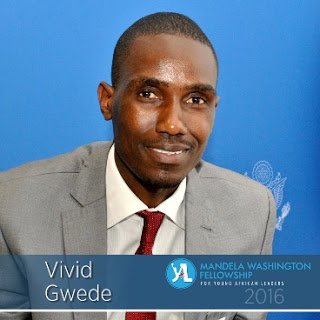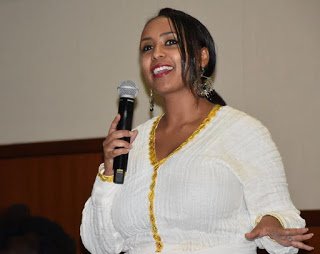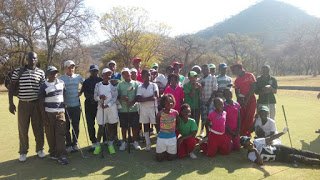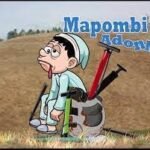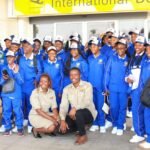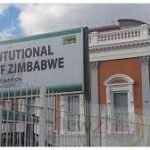Moses Ziyambi
Development communications expert and socio-political justice activist, Vivid Gwede has set his sights for a position at the Young African Leadership Initiative (YALI)’s Southern Africa Regional Advisory Board.
The advisory board forms part of plans to improve the coordination of YALI; which underlines the United States’ many programs to invest in the future of Africa and was created out of a recognition of the critical role that young Africans play in strengthening democratic institutions, spurring economic growth, and enhancing peace and security in Africa.
Gwede was recently at Duquesne University, Pennsylvania, under the 2016 Mandela Washington Fellowship, YALI’s flagship programme which takes outstanding young Africans for six weeks of leadership studies at top American universities.
In his years of activism, he has developed and implemented media strategies for big civil society organizations like the Crisis in Zimbabwe Coalition.
A former university student leader, his contribution to Zimbabwe’s educational rights movement is documented in the book, Solid Impact Stories.
His work is also documented in Oxford University UK Doctoral Research by Dan Hodgkinson titled, ‘Hardcore’ Student activist: The Zimbabwe National Students Union (ZINASU), State Violence and Frustrated Masculinity, 2000-2008.
A fervent writer and media commentator, his commentaries have appeared in national, regional, continental and international publications.
His passion for social justice and development of Zimbabwe began when he was young and the passion strengthened when he became a leader in the National University of Science and Technology (NUST).
“My vision is to support democracy, human rights and governance in the region. My hope is to help protect the social standing of minorities in the region. We have great young entrepreneurs in technology, agriculture, energy, arts and other sectors upon which the turnaround of Zimbabwe, Southern Africa and Africa could be anchored,” says Gwede.
“I think Africa is at the cusp of growth if it takes responsibility and face its own weaknesses, rather than blame the past,” he says.
Mandela Washington Fellows, Gwedu says, need all the support they can get so that they can continue taking responsibility and transform their communities.
“I am passionate about transnational consensus among young leaders in Southern Africa and on the continent. This should happen through improved networking, servant leadership, innovation and closer collaboration among countries. This is the vision and spirit that I will bring to the Southern African Regional Advisory Board.
His lobby for educational rights at a tender age saved the dreams of many students from humble backgrounds. He currently works in projects aimed at achieving social justice and fighting for human rights in marginalised communities.

